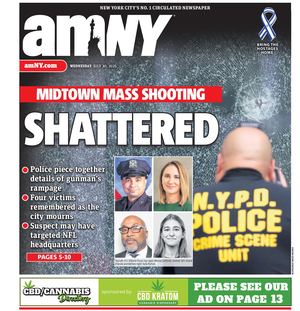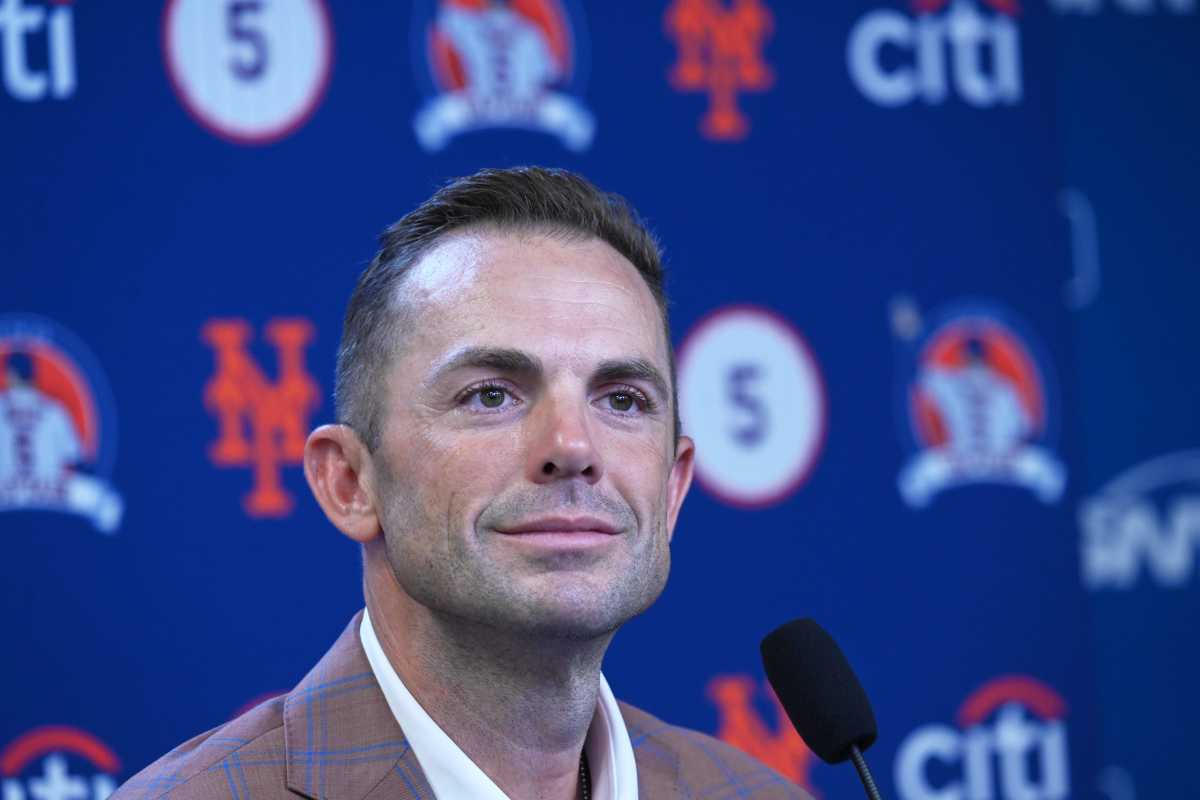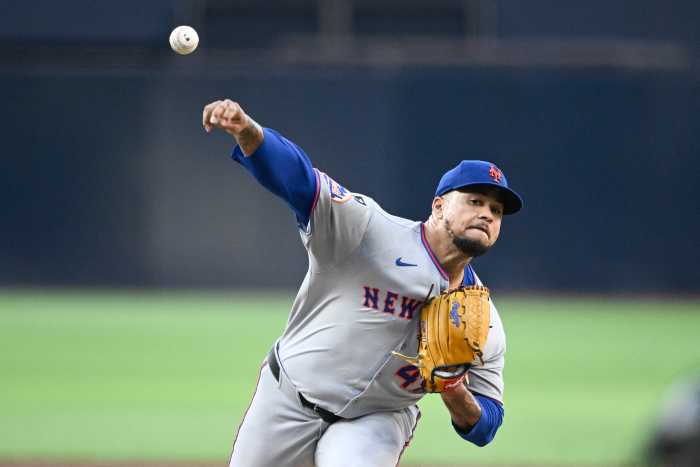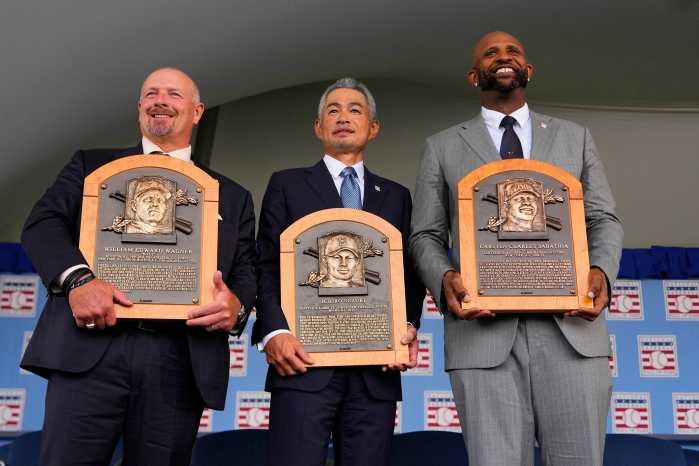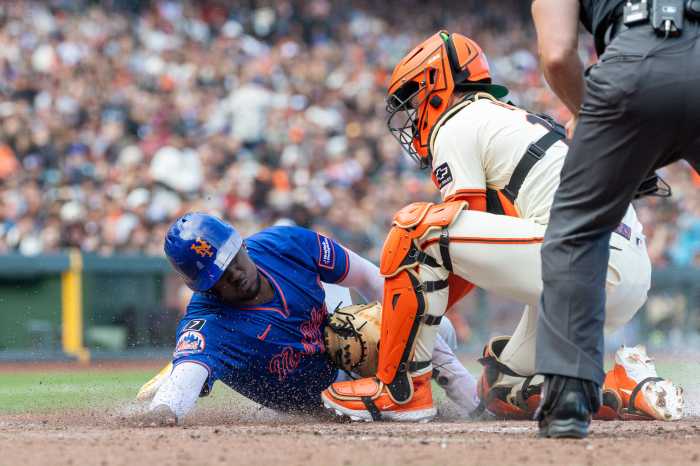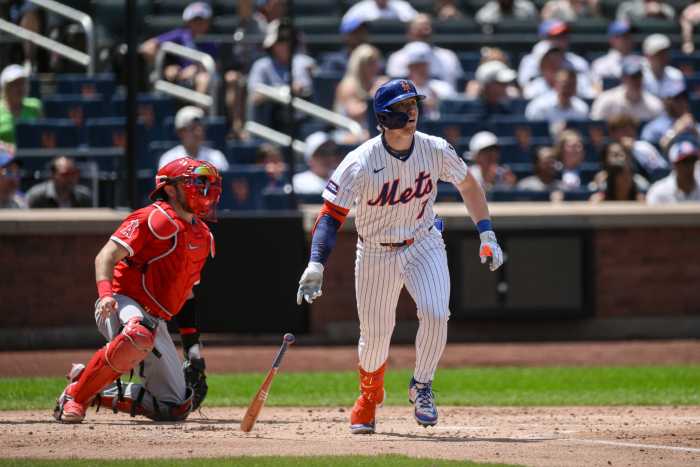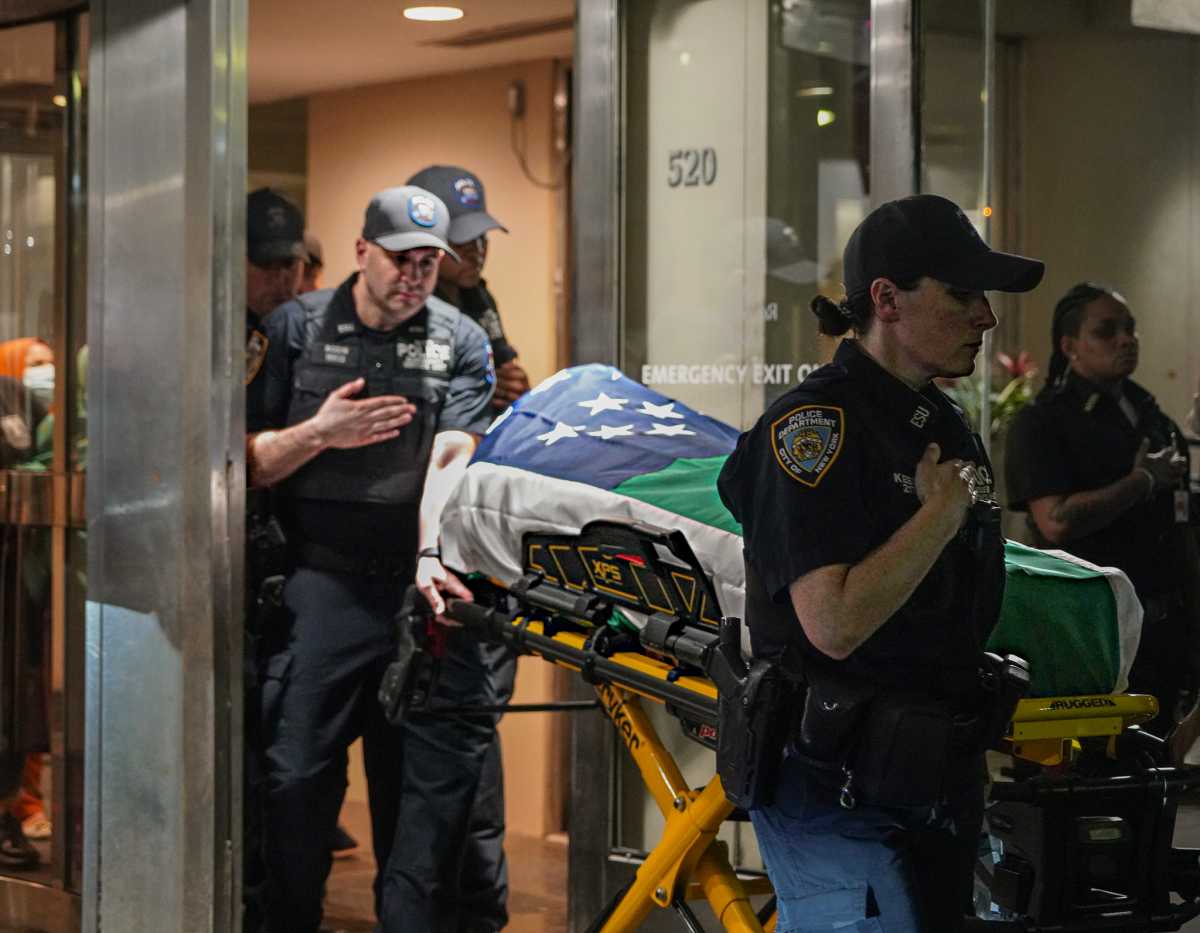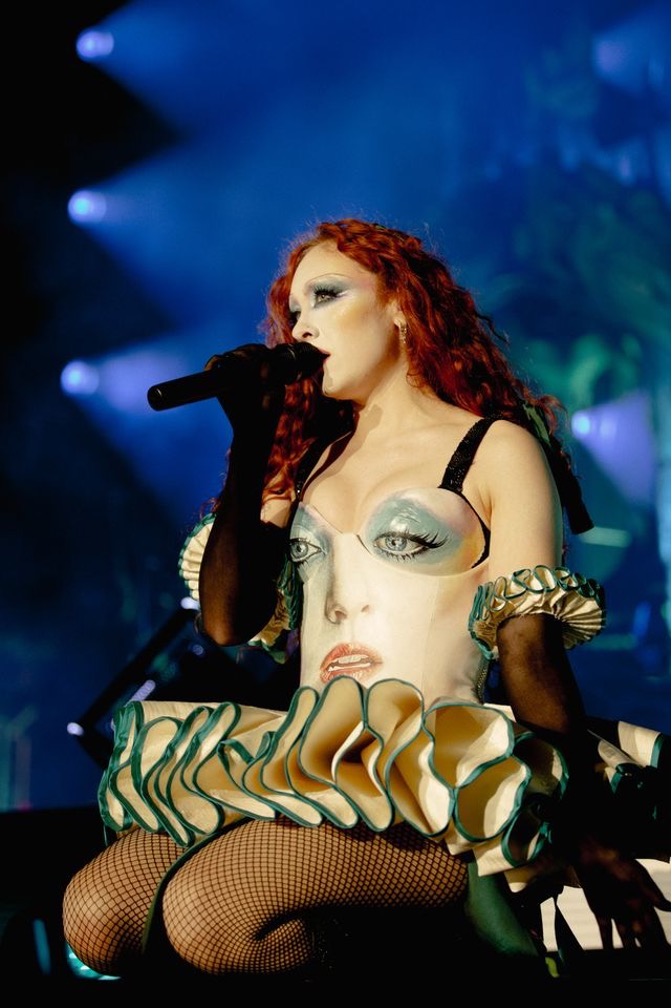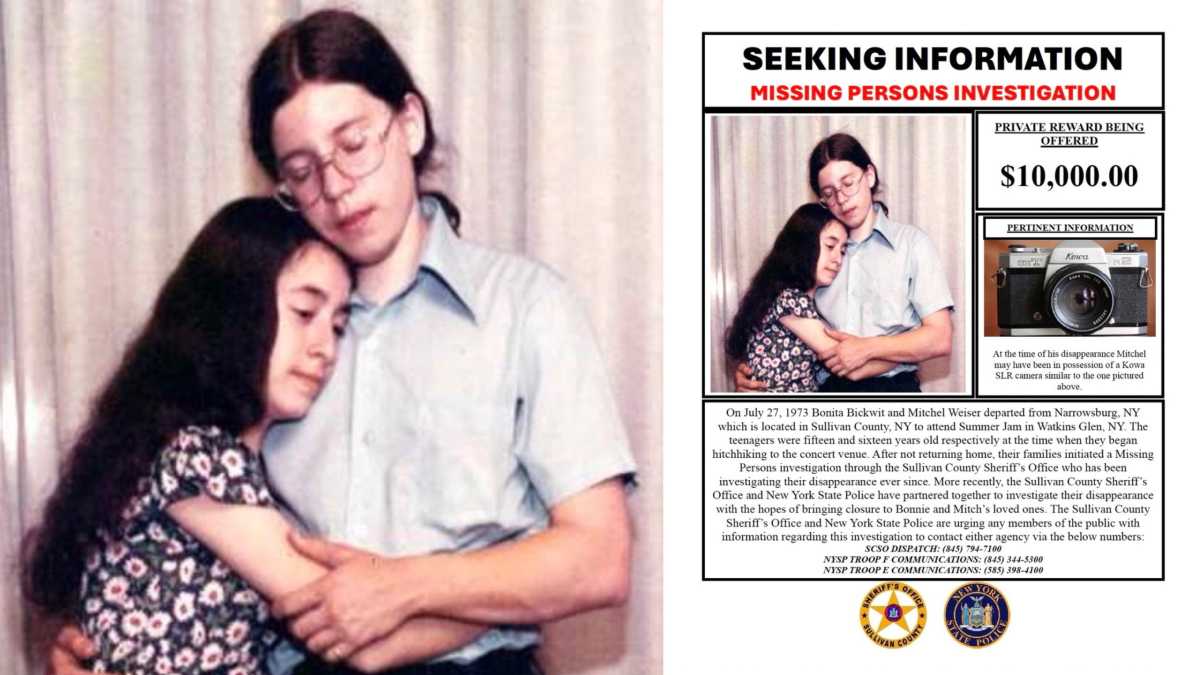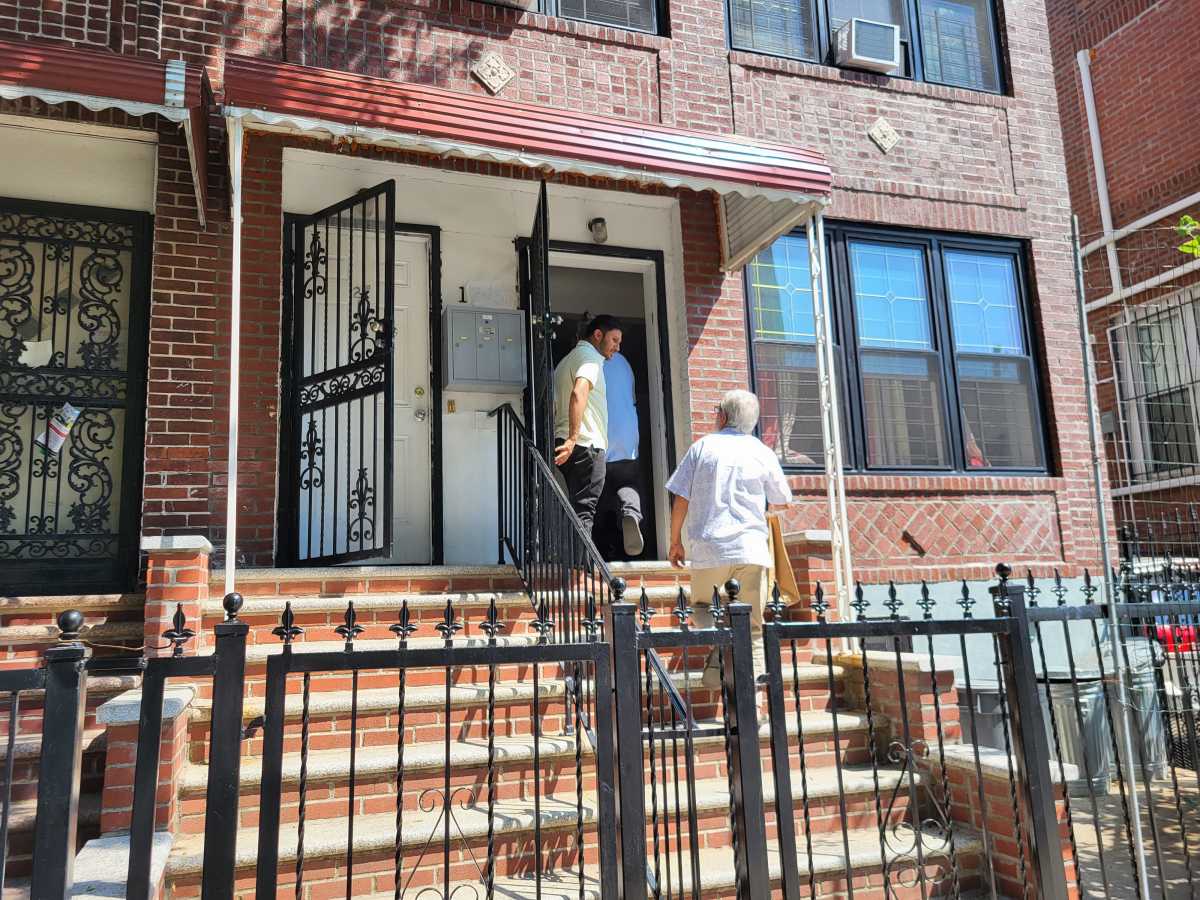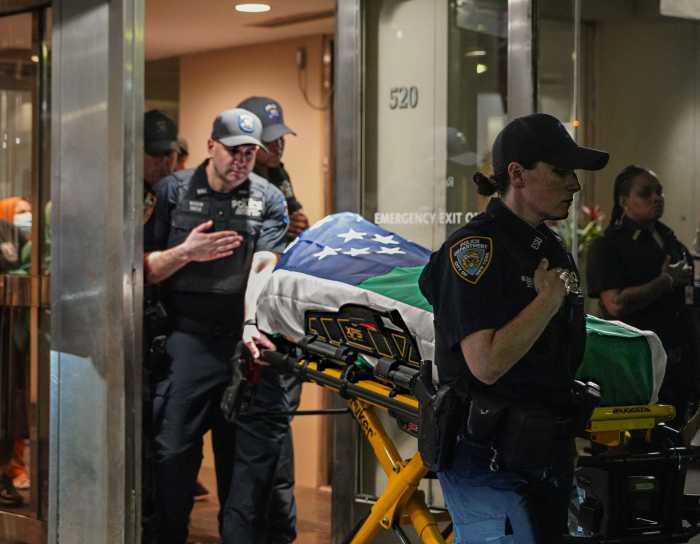QUEENS, NY — David Wright’s arc with the New York Mets is unlike that of the other few franchise legends produced by the organization, and one that is exclusive amongst the retired numbers that adorn the facade atop left field at Citi Field, where his No. 5 was added on Saturday afternoon.
He does not have a World Series title to his name like Tom Seaver or Jerry Koosman, Keith Hernandez or Gary Carter, Dwight Gooden or Darryl Strawberry. There were no multi-year windows of team success at the height of his power like Piazza, who penned the final masterstrokes of a Hall-of-Fame career in Queens.
He is, however, the first homegrown product that spent his entire 14-year career in orange and blue. So Saturday’s festivities felt as much as a homecoming as it did a ersey retirement.
“It’s a really neat feeling,” Wright said. “It almost, to me, feels like the feeling you get when you come home from a long trip, or if you’ve been away and you get the chance to come home.”
For as lauded as he is in Queens, Wright’s career is understandably placed in the same category of “what if?” alongside Gooden and Strawberry. Of course, the reasons for their career derailments are nowhere near the baseball tragedy that the Mets’ captain had to suffer through.
He seemed destined for the Hall of Fame before he was cut down by a debilitating back injury; spinal stenosis limited the Mets’ talisman to 77 games from 2015 to 2018 before the ceaseless pain forced him to call it quits.
It is something that still impacts the 42-year-old to this day. He had a procedure just “a year and a half ago” which has “solved some lingering things.”
“The hardest part about the back thing is the unknown,” he said. “I’m very routine-oriented… the hardest part is that I can do the exercises, I can do everything I’m supposed to do, and for no rhyme or reason, I’ll hurt the next day.”
Regardless, his credentials are unmistakable. He ranks first in franchise history in WAR by a position player (49.2), offensive WAR (51.9), at-bats, plate appearances, runs scored (949, hits (1,777), total bases (2,945), doubles (390), RBI (970), walks (762), and extra base hits (658).
His 242 home runs rank third, as he was recently surpassed by Pete Alonso on June 8. His 1,585 games rank second, his .296 average ranks fourth, his .376 on-base percentage ranks fourth, and his .867 OPS ranks fifth. The majority of that was accomplished in the first 10 years of his career, one that certainly would have punched his ticket to Cooperstown had it been allowed to continue for eight to 10 more years.
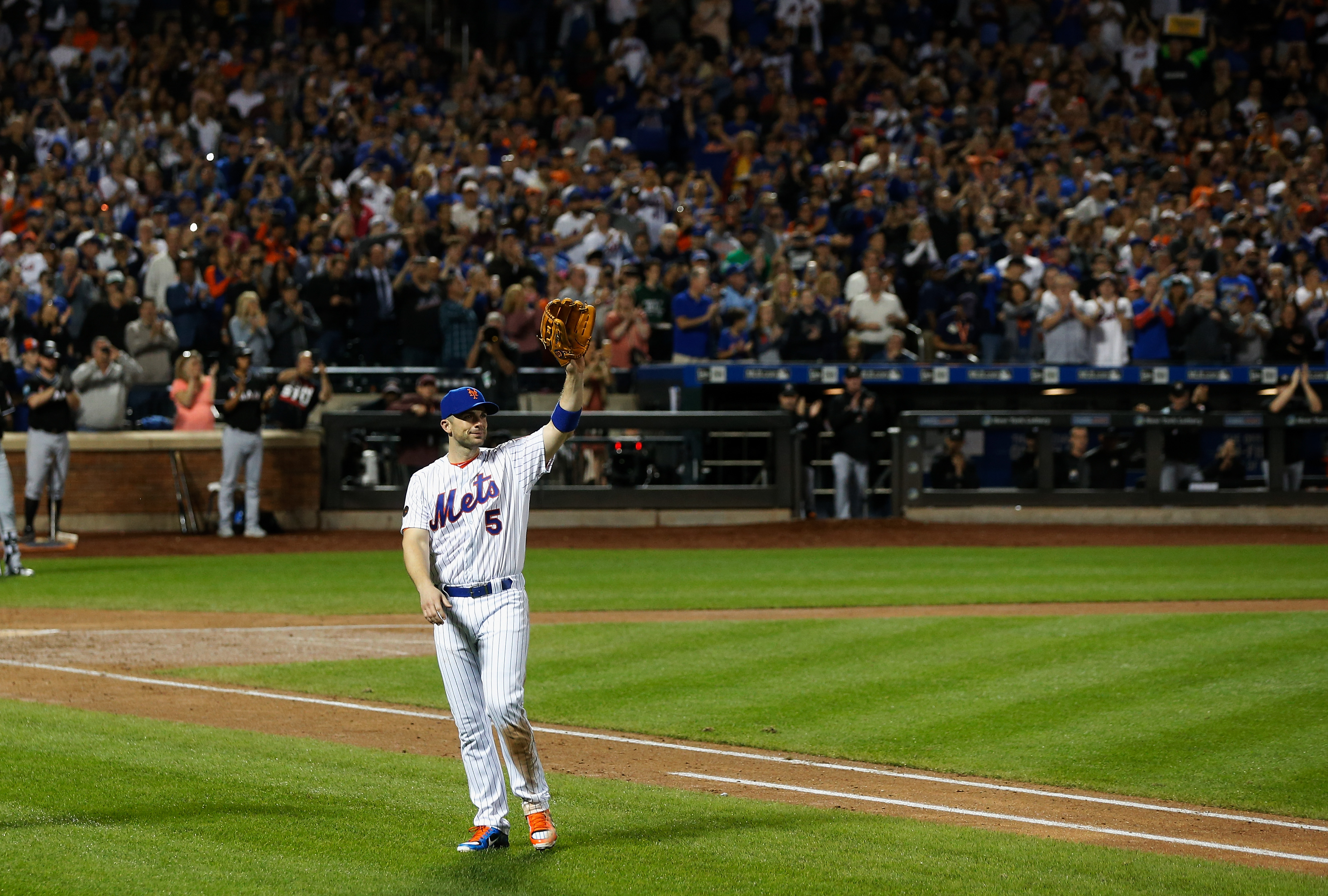
There is no regret from the Mets’ captain, whose outlook has softened since the previous night dedicated to him on Sept. 29, 2018, which was his final appearance in an MLB game that provided at least some closure for Wright and the fans. It was then, seven years ago, where he admitted that he was not at peace with how his playing days were coming to an end.
“There was nothing that I could do to do the thing anymore. It was done,” Wright said. “It took a while for my brain and my heart to match up with that. But I think that very few athletes get the ending they want, that storybook ending. I certainly wouldn’t call mine a storybook ending, but it’s better than 99% of what athletes get and I’ll forever be thankful for getting that opportunity.”
For what legacy was carved out by his on-field accolades, his representation of the organization cemented his standing as a franchise great.
Forced to accept the torch from Piazza with the Mets continuing their trend downward after their 2000 National League pennant, Wright was labeled as the next savior, which he graciously accepted when he made his debut in 2004.
In his first full season in 2005, he batted .306 with 27 home runs and 102 RBI. In 2006 and at 23 years old, he was the foundation of a 97-win Mets team that won its first division crown since 1988 and came one win short of a pennant. With it came his first All-Star appearance, a stellar showing in the Home Run Derby, a .311 average, 26 home runs, and 116 RBI.
In what ultimately descended into typical Mets dysfunction, the winning dried up. Collapses in 2007 and 2008 provided the closest Wright would get to the playoffs as their superstar, but he remained the focal point in what the franchise and its fans could hang their hats on.
A steady hero who found success on the international stage with Team USA, as well, six more All-Star appearances followed. He finished fourth in the NL MVP voting in 2007 and in sixth five years later.
When the crosstown Yankees would boast Derek Jeter and Alex Rodriguez, the Mets would counter with Wright and Jose Reyes — and they were perfectly proud to do so, too.
“There’s something about taking that uniform off for the last time and today, I view this as an incredible, organic, relationship with me and my family, the city, the organization, this fan base,” Wright said. “To me, the Mets fan base is a blue-collar, bring-your-lunch-pail-to-work-type fan base, and that’s how I was raised. That’s how I tried to approach the game every day coming to the ballpark.”
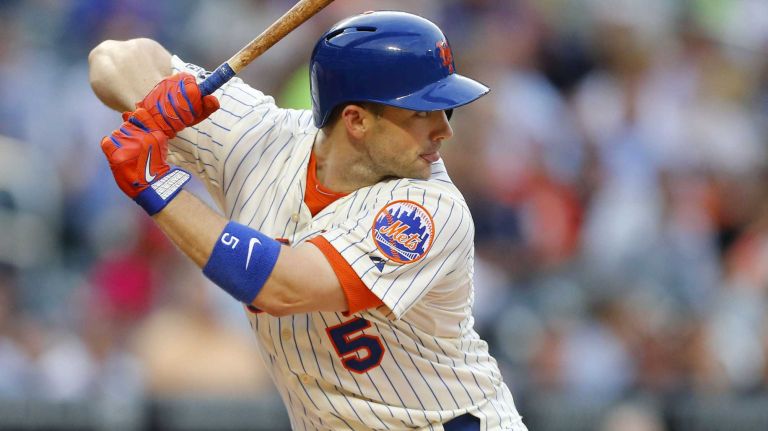
It was not until his back began to deteriorate in 2015 — he played just 38 games during the regular season — that he tasted the postseason again, willing his way into a contributing role in New York’s run to an unlikely National League pennant, and Wright’s only appearance in a World Series.
Even with the uncertainty of what he could provide as the weather cooled and the back tightened, he still provided one of Citi Field’s most indelible moments ever, hitting the venue’s first World Series home run in the Mets’ first appearance in a Fall Classic in 15 years — a two-run, first-inning shot that landed into the rabid mob in left field.
“It was such an unbelievale run,” Wright said. “…The only time we played in a World Series. I’m very thankful for that because I think a lot of us hopped on [Daniel Murphy’s] back during that run. Just how we came together as a unit and we played for each other and played together… incredible memories.”
His leadership remained unwavering through it all, as represented by teammates from every era of his career who made the trip back to New York to celebrate with their captain on Saturday — among those being Reyes, Cliff Floyd, Daniel Murphy, Michael Cuddyer, Joe McEwing, and Mike Cameron.
“Just the support, whether it’s my family and friends that have flown all over the country to come in… seeing No. 5 on the backs of so many people in New York has been humbling,” Wright said. “Former teammates, I’ve gotten a chance to hang out with them the last couple days and as us old players like to do, reminisce about the good old days and the good times. It was just an amazing experience.”
Wright’s philanthropic work was tireless. He founded the David Wright Foundation in 2005, which works to increase awareness about multiple sclerosis, donated $1.5 million to the Mets foundation, and went to bat for the Tunnel to Towers Foundation.
His ledger was pure in every aspect, and the humble nature with which he accepted his superstardom made him all the more appreciated. It was only a matter of time before that appreciation was reciprocated, and Saturday afternoon’s ceremonies, retiring his No. 5 in perpetuity, help fulfill that — even if he remains unwilling to be the center attention.
“It’s an uncomfortable feeling for me to be the center of the spotlight,” Wright said. “I’d like to share it with everybody that’s had an impact in getting me to this point and that includes moer people than I can name.”
For more on David Wright and the Mets, visit AMNY.com
Also Read : https://www.amny.com/sports/david-wright-mets-jersey-retirement-7-19-25/
